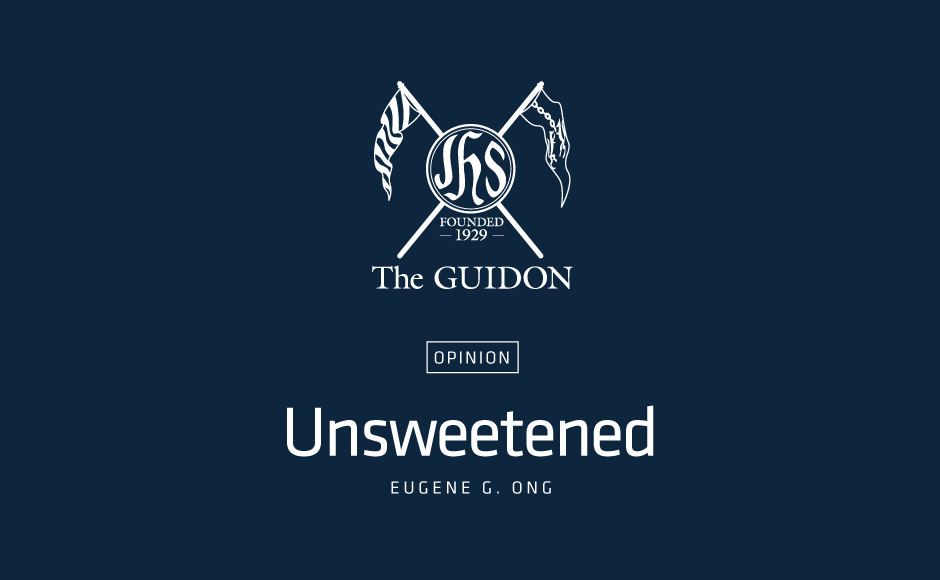Many social media pages thrive on anger-inducing, borderline sensationalist images and infographics of daily life. The rhetoric found here is all too familiar: The government is a useless, evil mess; the Metro Rail Transit (MRT) is a hellhole that is completely the fault of that government. Discipline is what other people lack; poor people are stupid, supremely corruptible by small bribes, and should not be allowed to vote.
For many, this is the extent of their politics. In fact, some take pride in it, in a worldview based solely on sentiments of disgust and hatred. Some even fancy that all of this is a form of criticality that makes for better voters and distinguishes subscribers as enlightened—after all, it is proof that they are not people who blindly say yes and follow.
The truth, however, is that these sentiments lead to a kind of politics that is inadequate, even dangerous. It is a kind of politics that is, ultimately, also uncritical—where adherents indeed do not mindlessly nod in agreement, but instead reflexively regard things as rubbish.
This is not to say that frustrations have no place in discourse—it is fine, to a certain extent, to be angry about these sorts of things. The problem is when people make these kinds of frustrations the only subjects of political discussion to such an extent that it becomes little more than a toxic competition of throwing the meanest, greatest shade at targets of choice. The problem is when this happens so much that the bigger picture—how an issue is affected by a bevy of factors, and how that issue influences other issues—is lost.
More often than not, the result is a politics of convenience of sorts—one where the focus is on immediate relief from the discomfort that underlies the issues in the fastest way possible. People become shortsighted and begin to reject everything that does not provide that immediate comfort, even if they actually result in long-term benefits.
This politics of convenience also means that people, to a certain extent, fail and refuse to go beyond their own immediate context. Precisely because there is little tie-back to a greater picture of society as a whole in the minds of people, the propensity is to simply trivialize issues faced by people of different backgrounds—in our case, to slide into Manila-centric views.
The result, however, is not just a politics of convenience, but also a politics of pettiness—where someone relentlessly attacking the Land Transportation Franchising and Regulatory Board for its “persecution” of Uber based on the most spurious of assumptions is laudable, appreciable, and an example of hard hitting citizen involvement.
Ultimately, this brand of politics—a brand that severely lacks depth—is one that does not only hamper having a healthy, holistic view of the present, but also one that discourages such views of the future. This brand leads not just to hate of the present without rhyme or reason; it is one that enables hate without the burden of knowing what is actually wanted instead.
In the final analysis, we cannot let an attitude of automatic revulsion prevail. While problems abound in our society—problems that test our patience—we cannot succumb to base bashing. Doing so will only worsen our problems.







